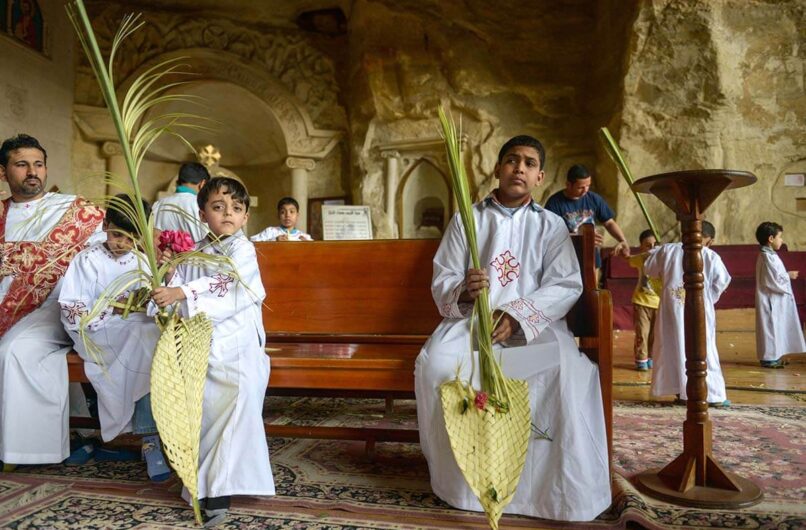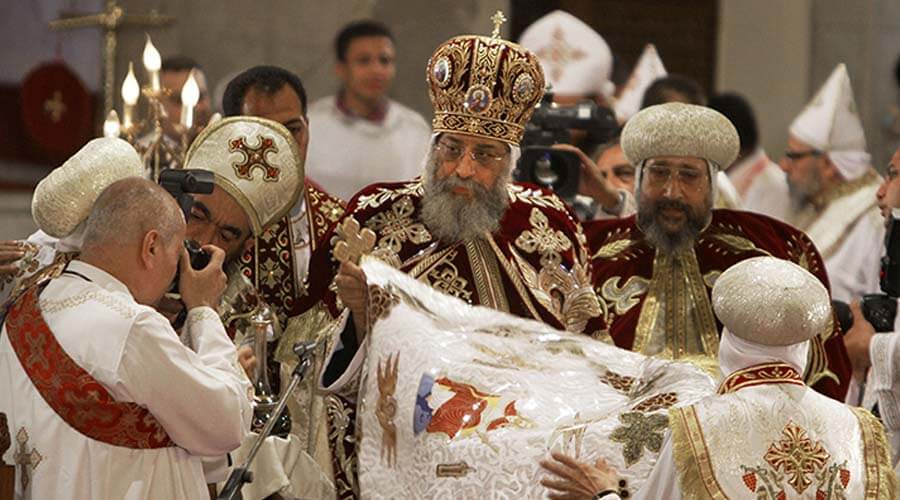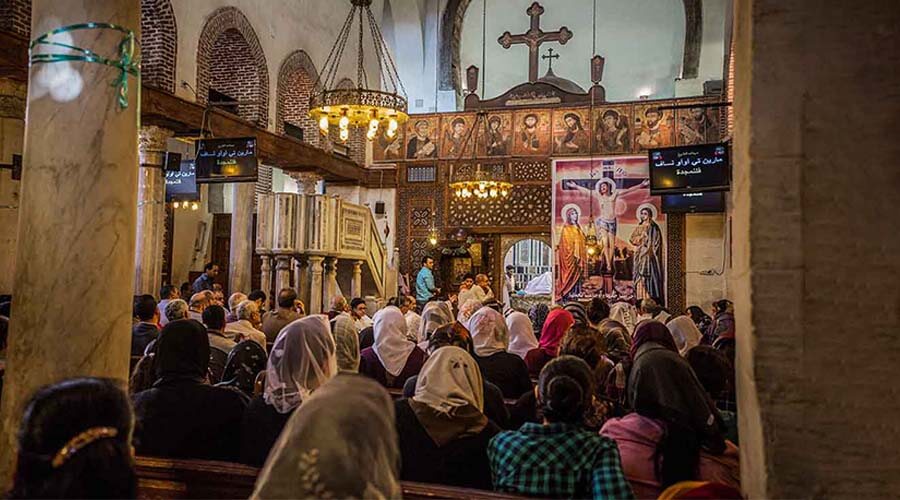
Easter in Egypt: Celebrating the Resurrection
Egypt is a country steeped in ancient traditions and rich cultural heritage. One of the most significant celebrations in Egypt is Easter, which commemorates the resurrection of Jesus Christ. Easter Traditions in Egypt are a unique blend of Coptic Christian customs and Egyptian folklore. This article will explore the vibrant and fascinating Easter traditions observed across Egypt.
Easter in Egypt
Easter in Egypt holds immense religious and cultural importance for the Christian community in Egypt. The Coptic Christians, who make up the majority of Christians in Egypt, have preserved their ancient traditions and rituals over the centuries. Easter is a time of joy, reflection, and spiritual renewal for Egyptians as they come together to celebrate the resurrection of Jesus Christ.
The Holy Week
The Holy Week, also known as “Sham El Nessim,” is a significant period leading up to Easter in Egypt. It begins on Palm Sunday, commemorating Jesus’ entry into Jerusalem, and continues through Holy Monday, Holy Tuesday, Holy Wednesday, Maundy Thursday, Good Friday, Holy Saturday, and Easter Sunday. Each day of the Holy Week is special and marked by religious observances and rituals.
The Palm Sunday Procession
On Palm Sunday, Coptic Christians in Egypt gather in churches nationwide to commemorate Jesus’ triumphal entry into Jerusalem. The faithful hold palm fronds and olive branches, symbolizing peace and victory, as they participate in a procession led by the clergy. The parade often includes chanting of hymns, prayers, and readings from the Bible.

Maundy Thursday Foot Washing
Maundy Thursday, also known as “Covenant Thursday” or “Thursday of the Covenant,” is a day of great reverence and humility. Coptic Christians in Egypt reenact Jesus’ washing of His disciples’ feet by participating in a symbolic foot-washing ceremony. This act serves as a reminder of the importance of love, humility, and service to others.
Good Friday Procession of the Cross
Good Friday is a day of mourning and reflection for Christians worldwide, and Egypt is no exception. Coptic Christians in Egypt attend solemn liturgies and processions, carrying a cross as a symbol of Jesus’ sacrifice and crucifixion. The parade is often accompanied by prayers, hymns, and readings from the Bible, creating a somber and reflective atmosphere.
Holy Saturday Midnight Liturgy
Holy Saturday, also known as the Easter Vigil, is a time of anticipation and hope. Coptic Christians in Egypt gather in churches for a midnight liturgy to commemorate the resurrection of Jesus Christ. The service begins in darkness and is followed by the ceremonial lighting of candles, symbolizing the triumph of light over darkness. The faithful rejoice in the resurrection of Christ, and the church is filled with joyous hymns and prayers.
Easter Sunday: Feast and Festivities
Easter Sunday is the culmination of the Holy Week and the most joyous day in the Christian calendar. Coptic Christians in Egypt celebrate the resurrection of Jesus with great enthusiasm. Families gather for a festive meal that often includes traditional dishes such as “fesikh” (salted and fermented gray mullet) and “kofta” (spiced meatballs). The day’s highlight is the exchange of Easter greetings, with the phrase “Christ is risen” followed by the response “Truly, He is risen.”

FAQ’s
What is the significance of Easter in Egypt?
Easter in Egypt holds great religious and cultural significance for the Christian community in Egypt. It is a time to celebrate the resurrection of Jesus Christ and renew one’s faith. Easter is a joyful occasion that brings families and communities together.
How do Coptic Christians in Egypt celebrate Easter?
Coptic Christians in Egypt celebrate Easter through religious rituals and traditions. These include attending church services, participating in processions, reenacting significant events from Jesus’ life, and sharing festive meals with loved ones.
Are there any unique Easter customs in Egypt?
Yes, Egypt has its own unique Easter customs. One such tradition is the coloring of eggs, symbolizing new life and rebirth. The eggs are often dyed in vibrant colors and exchanged as gifts among family and friends.
What are some traditional Easter foods in Egypt?
Traditional Easter foods in Egypt include “fesikh” (salted and fermented gray mullet), “kofta” (spiced meatballs), and various sweets and pastries. These dishes are prepared with love and shared with family and friends during the Easter feast.
How long do Easter celebrations in Egypt last?
Easter celebrations in Egypt typically span the entire Holy Week, starting from Palm Sunday and culminating in Easter Sunday. The week is filled with religious observances, processions, and festive gatherings.
Is Easter a public holiday in Egypt?
Easter in Egypt is not a public holiday, but the Christian community widely celebrates it. The government respects and recognizes the religious importance of Easter, allowing Christians to observe their traditions and attend church services.
Conclusion
Easter in Egypt Traditions are a beautiful reflection of the country’s rich history and deep-rooted faith. The Coptic Christians in Egypt have preserved their ancient customs and rituals, passing them down from generation to generation. Easter is a time of joy, unity, and spiritual renewal for Egyptians, as they celebrate the resurrection of Jesus Christ. Easter in Egypt is a vibrant and meaningful occasion that brings families and communities together through processions, liturgies, and festive gatherings.
- July 10, 2023
- 779
- Egypt Blog
- 0 comment
